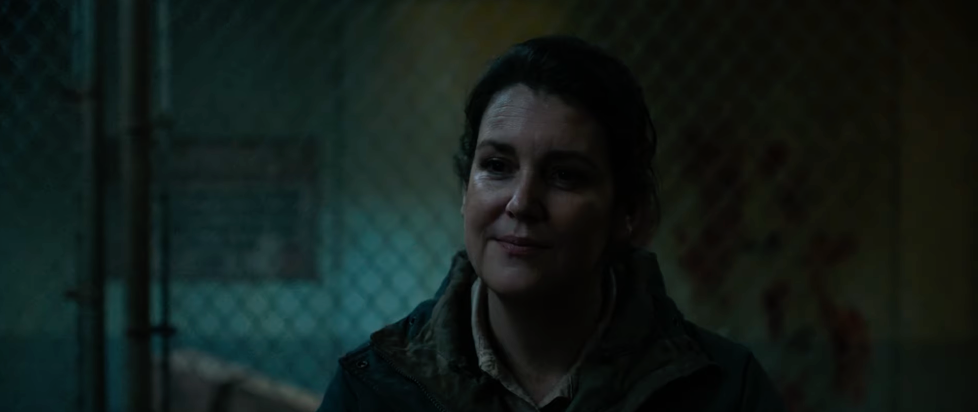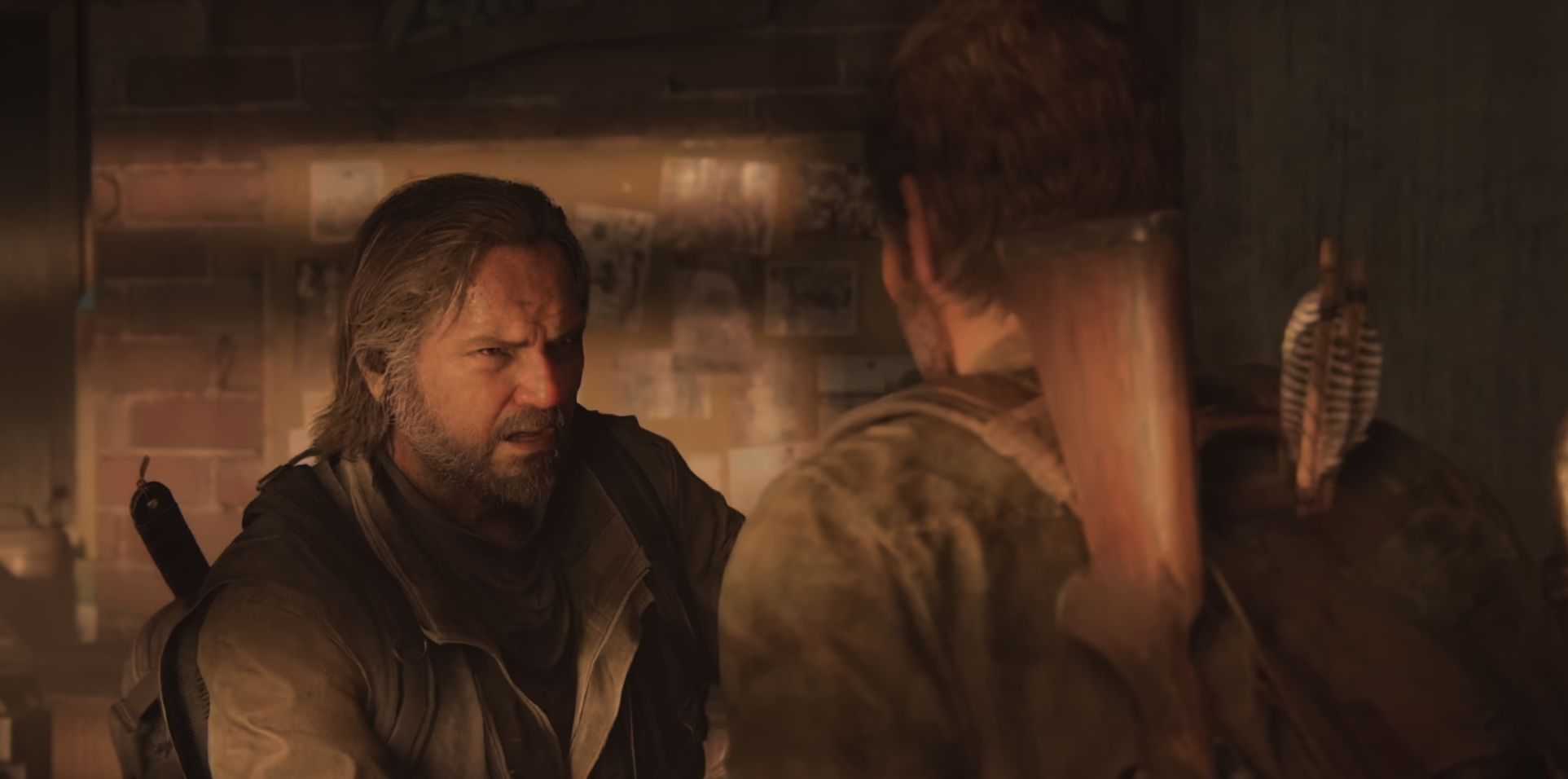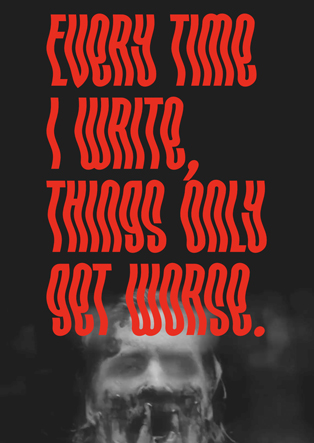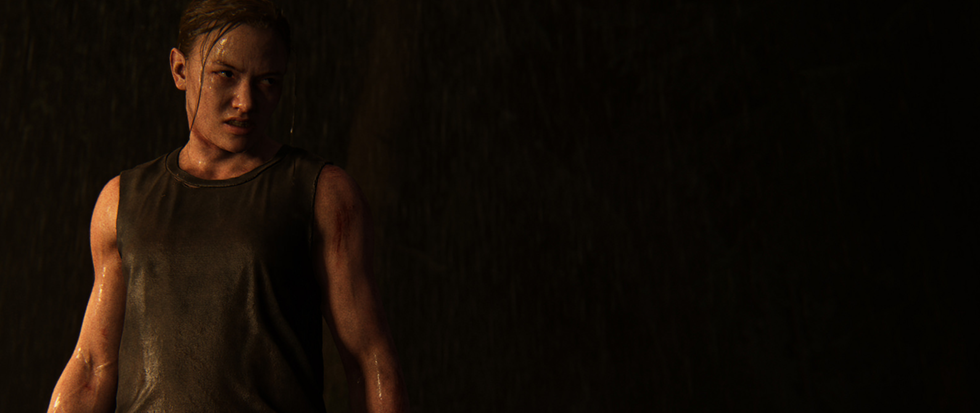
The Last of Us on HBO
The first season of The Last of Us has finished airing at HBO, finishing at the same place as the Naughty Dog title did a decade prior. The shows appeal has long been sold on a lie – that the original title was the greatest story in video gaming, a lie you see repeated frequently in press about the television show. It’s an easy lie to tell. For a lot of people, this is the first time they’re really going to interact with a piece of AAA gaming, especially one that is narrative led. A frequently derided TikTok shows a young woman with heavy bangs and a wall of text that reads:
“Dear gamers, I have a bone to pick with you. Why didn’t you tell us that games have incredible plots and character development? This whole time I’ve been thinking you were playing Mario Kart. Now, as I watch the Last of Us show, I’m realizing that you’ve been gatekeeping some of the best stories in modern history. What should we play? We’ll do whatever you tell us. Sincerely, a book reader.”
It’s easy to mock, if you know literally anything about video games, but it speaks to a profound ignorance between the “gamers” and the rest of the public, siloed niche interests that allow people self-designate into their own cultural hidey-holes.
But back to the principal argument of my own article – The Last of Us is not the greatest story in video games. If you’re looking for an argument for what is a better narrative, I’d honestly argue that even something like last years Guardians of the Galaxy game did a better job of telling a story over the course of its runtime, not to mention anything by Emily Short. Games are littered with better stories – ones that manage to utilize the strengths of the medium – than what can be found in The Last of Us.
What specifically though, is the problem with TLOU? Time is not kind to narratives, especially in an emergent media like video games, and a decade does not show The Last of Us in the best possible light. If anything, it’s interesting to watch the narrative failures of the game be expanded on and twisted into a piece of prestige television.
The biggest issue in The Last of Us is a consistent issue in a lot of Naughty Dog titles – a scorched earth approach to narrative design. This is more obvious in something like The Uncharted series, where Nathan Drake seems especially keen on razing any unique and anthropologically relevant community he dashes through but it is also present in The Last of Us. There is no character in the series who is able to leave the presence of our lead characters alive. This is a failure of writing; a lazy way of wrapping up loose ends. In Melanie Lynskey’s character Kathleen, you have a character introduced in the show who is killed off at the conclusion of her arc, an easy way to make sure she will cause no narrative issues further on in the story. There are no loose ends, no one that the characters can double back on. In a game, especially a narratively linear one, you need this kind of closure. It answers questions your player may have. In a television show, one where there is time and space to give more characterization and explanation, it can serve the same purpose – why can’t I just go back to where Bill is? Restock there. Because he’s dead. It’s closing a path with rubble as soon as your character passes it.

It is also, frankly, cheap writing. It’s deciding to kill a character for emotional depth and narrative expediency and it is deadening to the audiences reactions. It removes the value of their death if it’s an expectation rather than a surprise. Shock-jocking your way through the apocalypse. Which is the other major narrative issue with The Last of Us.
There’s a bleakness to The Last of Us that begs the viewer (or player) to take it seriously simply because it’s depressing as hell. This is another cheap trick – it says “I’m important because I’m sad,” because narratively what could possibly be more interesting than depressing situations. This is sarcasm. Tolstoy might have written that “All happy families are alike, but every unhappy family is unhappy in its own way “ in Anna Karenina but that novel came out in 1878. Surely we have found ways to write happiness in compelling a way as I don’t know, cannibalistic pseudo-Christian nationalists with zero nuance.
In the third year of our own pandemic, it’s a bit shocking to see a world so devoid of hope and human compassion as we do in TLOU. When the game came out, we could argue that the pandemics were a thing of the past – who could have predicted this happening? But this kind of “everyone for themselves, no one for anyone else” mentality that is prevalent in the games is one of the reasons I found the games sequel to be painfully unplayable. If these are the decisions made in service of humanity – the indiscriminate killing, the faction-ization, the brutality – then what humanity is even left? What sense of community is anyone striving to protect? I understand that’s arguably what the game is saying – we are the Last of US, after all – but it does so with such “look at those sickos” vibes that I don’t think the game writers know the answer. The brief glimpses we see of positivity – mostly in Tommy’s isolationist communist utopia – aren’t enough to buoy this sodden mess of desperation and desolation.
The Last of Us, in its original context, was clearly shooting for that prestige television vibe, itself a thing mired with expectations of depression. So little prestige television knows how to let its characters live, rather than suffer. With the game getting this glitzy HBO treatment we have the snake eating its own tail, suffering on top of suffering, without a breakdown of what that means in the context of the world that’s created. The narrative suffers because it’s unwilling to break the shell. It suffers because the original game was never going to be anything but a zombie experience with emotions.
———
Amanda Hudgins is an occasional writer, former rugby player and wearer of incredibly tall shoes.





